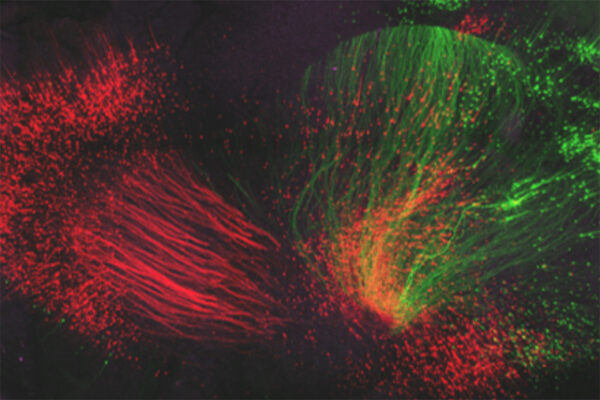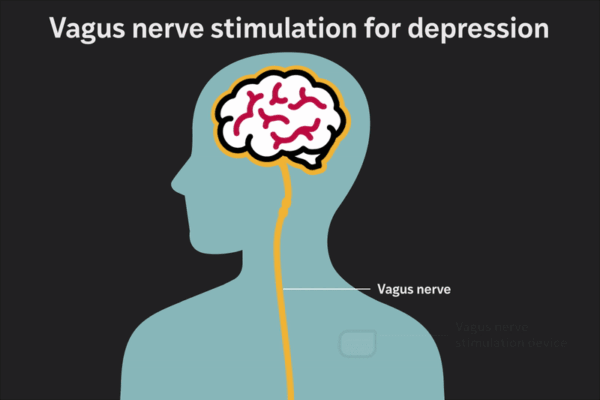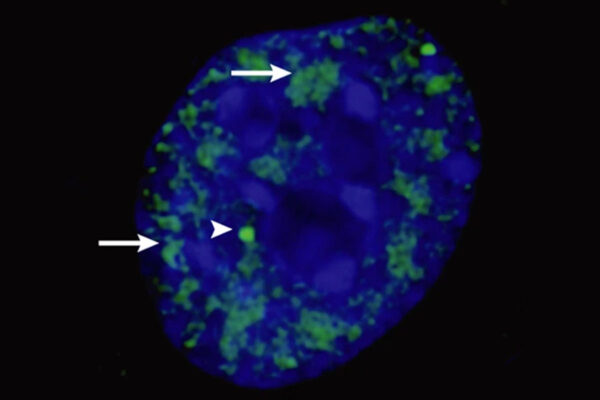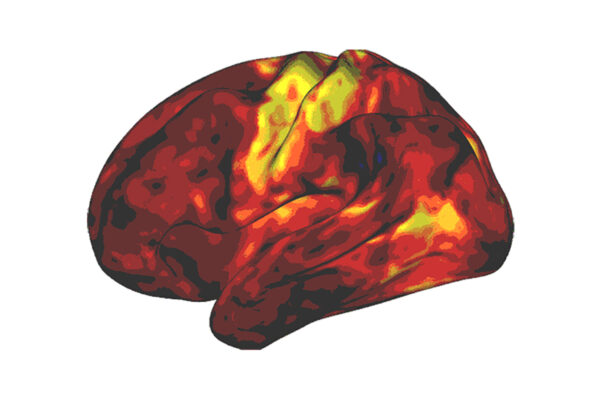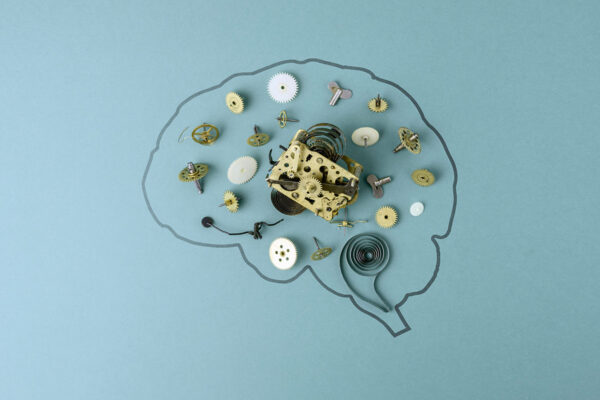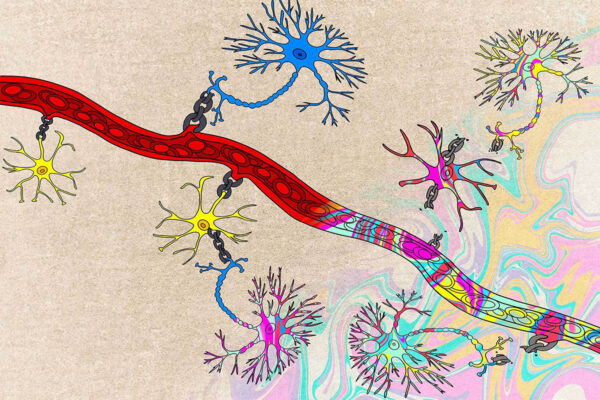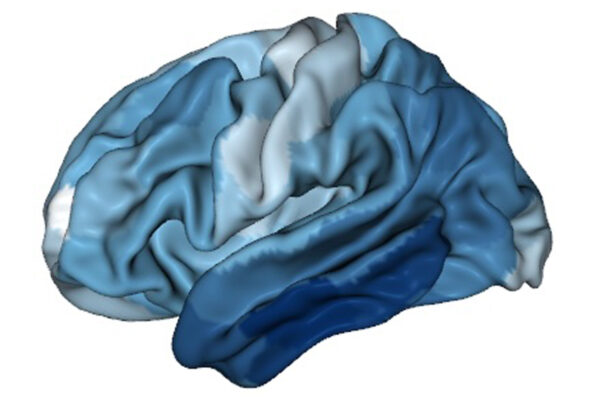Applications sought for Neuroprep Scholars program
Recent graduates, and undergraduate students who are close to graduating, can apply to be part of a two-year post-baccalaureate neuroscience program at WashU. Applications are due by March 9.
Implant provides lasting relief for treatment-resistant depression
In a new study, WashU Medicine researchers show that vagus nerve stimulation provides substantial, long-lasting relief to some people with the most severe treatment-resistant depression.
AI ‘CHEF’ could help those with cognitive declines complete home tasks
A team of WashU researchers has integrated two novel vision-language models that create a potential AI assistant that may help people with cognitive decline cook meals and remain independent.
Spying on speckles
Researchers at Washington University in St. Louis have investigated how assemblies of molecules called microphases could be a useful target in developing treatments for neurodegenerative disorders.
Stimulant ADHD medications work differently than thought
In a new study, WashU Medicine researchers found that widely prescribed drugs such as Ritalin and Adderall don’t affect attention-controlling regions of the brain, as previously thought, but rather act on areas involved in wakefulness and reward.
New ALS drug stabilizes decline with improved strength, mobility for some
Long-term use of a new drug, toferson, approved by the FDA for a rare genetic form of ALS, delays symptom progression and death and leads to stabilization or improvement in some patients, according to a study by WashU Medicine researchers and collaborators.
Mapping the dance of circadian synchrony
Researchers at Washington University in St. Louis have found a way to better track circadian brain signals that synchronize the body clocks.
Ching named chair of electrical and systems engineering
ShiNung Ching, an expert in neuroengineering, has been named chair of the Preston M. Green Department of Electrical & Systems Engineering at the McKelvey School of Engineering.
Psychedelics disrupt normal link between brain’s neuronal activity and blood flow
WashU Medicine researchers show that psychedelic compounds such as psilocybin appear to distort the link between blood flow and brain-cell functioning, which scientists use to track brain activity.
$5 million for brain development and Alzheimer’s degeneration study
Researchers at WashU Medicine Mallinckrodt Institute of Radiology have received a $5 million grant from the National Institutes of Health (NIH) to study how patterns of brain aging and degeneration mirror early-life experiences.
Older Stories
